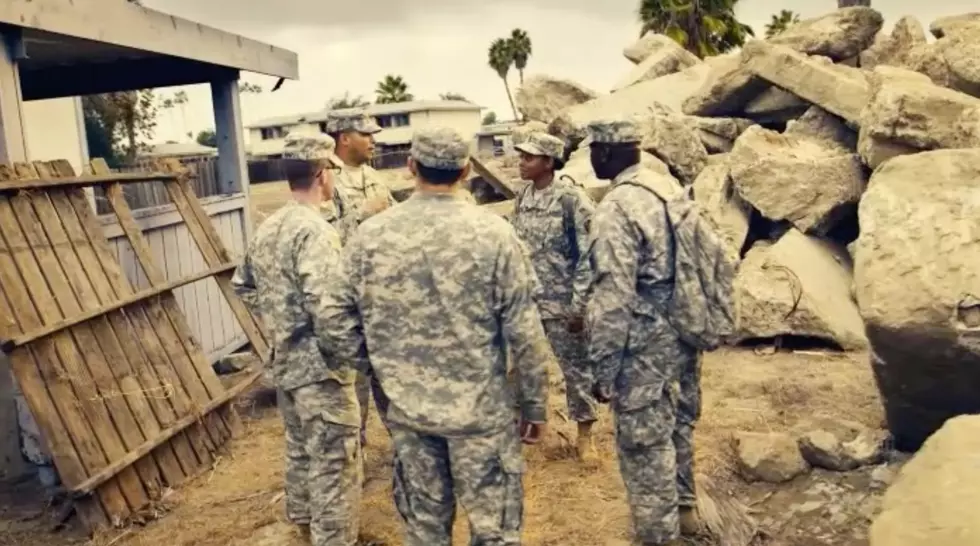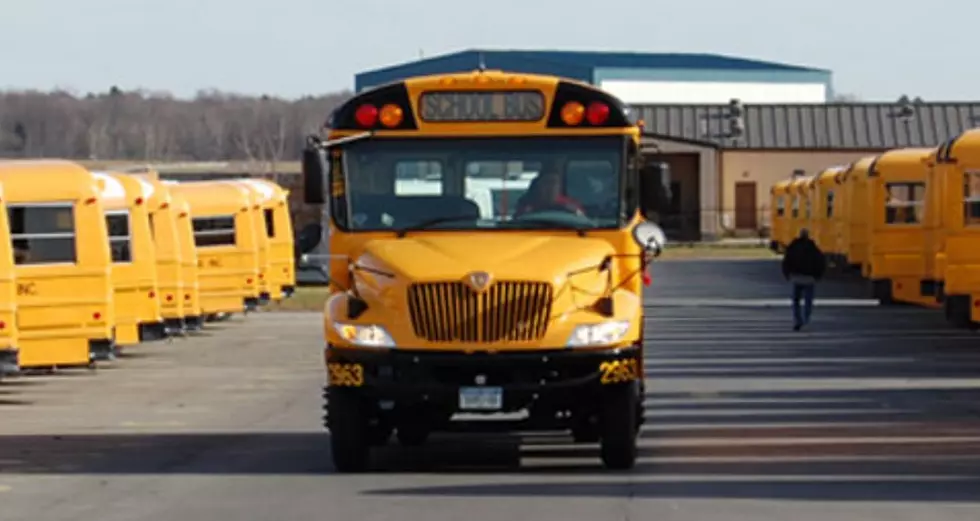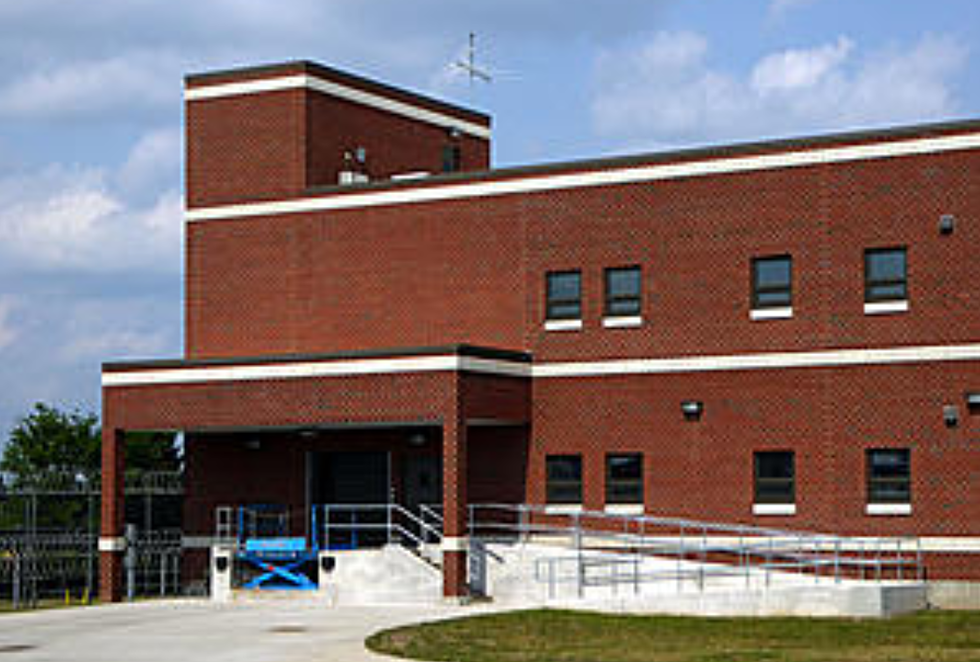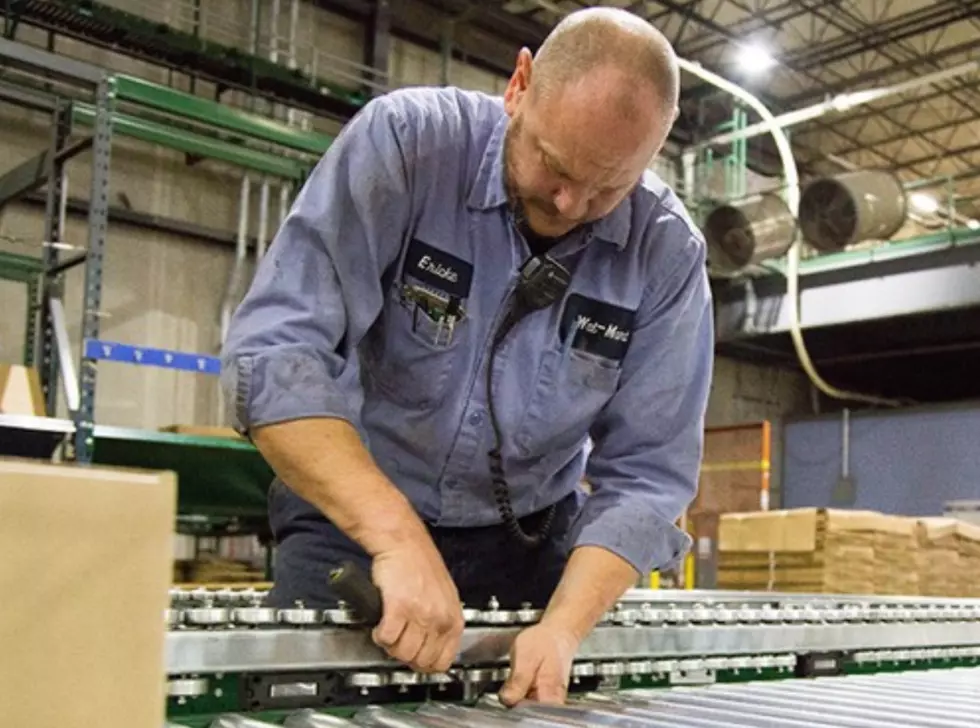
Build a Career While Serving Our Country in the U.S. Army
Many young people are interested in the U.S. Army because they want to serve their country and be part of something larger than themselves.
The Army provides that and so much more:
Career Readiness: Choose among 150 career choices, including 50 or more healthcare provider specialties, and be assured that all jobs have related civilian credentials that will help you after you're done serving. Of course, they offer comprehensive training, too.
Education: Soldiers can complete degrees while serving, receive $4,000 annually in tuition assistance and qualify for up to $65,000 in student loan repayments. The G.I. Bill also offers education for veterans and their family members.
Leadership: You can receive leadership training and increasing responsibility while serving.
Benefits: You can earn competitive pay plus allowances, up to $40,000 in bonuses, comprehensive healthcare, 30 days paid vacation and retire after 20 years of service.
In addition, the U.S. Army values diversity and inclusion. Nearly half of recruits last year were from minority populations. We recruited more women last year than we have in 15 years.
"Soldiers come from every corner of the country and from all walks of life," leaders say. "We all come together as a team to defend our Constitution and to fight and win our nation’s wars. Different perspectives give us better solutions. Quality leaders listen to their soldiers’ perspectives to develop cohesive teams. The Army will continue to put people first by fostering a culture of trust that accepts the experiences and backgrounds of every soldier and civilian."
If you think you might be among the best and the brightest the Army is looking to recruit, visit goarmy.com/careers-and-jobs.html to learn more and connect with a recruiter.
Here is a look at key job opportunities:
The infantry is the main land combat force and backbone of the Army. They are responsible for defending our country against any threat by land, as well as capturing, destroying and repelling enemy ground forces.
- Perform as a member of a fire team during drills and combat
- Aid in the mobilization of vehicles, troops and weaponry
- Assist in reconnaissance missions
- Process prisoners of war and captured documents
- Use, maintain and store combat weapons (e.g., rifles, machine guns, antitank mines, etc.)
The combat medic specialist is primarily responsible for providing emergency medical treatment at point of wounding on the battlefield, limited primary care, and health protection and evacuation from a point of injury or illness.
- Administer emergency medical treatment to battlefield casualties
- Assist with outpatient and inpatient care and treatment
- Instruct soldiers on Combat Lifesaver/First Responder training course
- Manage soldier's medical readiness, medical supplies and equipment
Explosive Ordnance Disposal Specialist Soldiers are the Army's preeminent tactical and technical explosives experts. They are warriors who are properly trained, equipped and integrated to attack, defeat and exploit unexploded ordnance, improvised explosive devices and weapons of mass destruction.
- Research and identify ordnance
- Assist in the preparation and use of advance robotics
- Explosively disposing of hazardous ordnance
- Prepare and maintain tools, equipment and vehicles
The Air Defense Battle Management System Operator maintains, manages and operates modern complicated military computers on complex networks, communications equipment systems, and the Sentinel Radar in order to provide warning, detection, and protection for armed forces from aerial attack, missile attack, and aerial surveillance. Soldiers are responsible for integrating all air defense detection assets and firing units, maintaining tactical computer data links/networks that provide situational awareness, communication of detected threats throughout the air defense network, and serves as an air defense liaison to other services in all combat environments involving air defense.
- Responsible for the movement, placement, operation, and maintenance of the Sentinel Radar system in various locations and environments
- Operate and maintain Sentinel Radar electronic and mechanical components
- Establish network interoperability with Allied, Joint, and other Air Defense units
- Collect, integrate and process tactical battlefield information from multiple users and sensors through a network of Army and Joint-service automated battle command systems
- Provide airspace situational awareness; deconflict and clear airspace to ensure air superiority
- Evaluate intelligence data and identify targets; perform real-time status reporting during combat
- Provide early warning and conduct engagement operations to destroy incoming rocket, artillery, and mortar threats
Microwave systems installer-maintainers are primarily responsible for installing, operating and maintaining microwave communications systems. They also work with associated antennas, multiplexing and communications security equipment.
- Maintain microwave communications and technical control equipment
- Monitor and restore telecommunications circuits, trunk groups and systems
- Maintain circuit, link, system and station records and reports
More From WIBX 950









